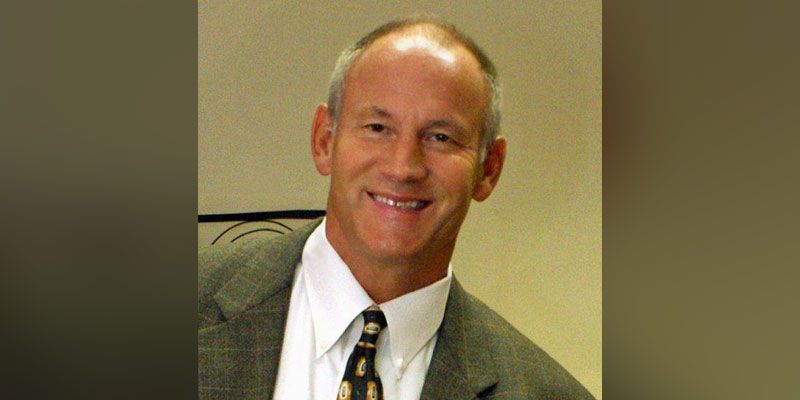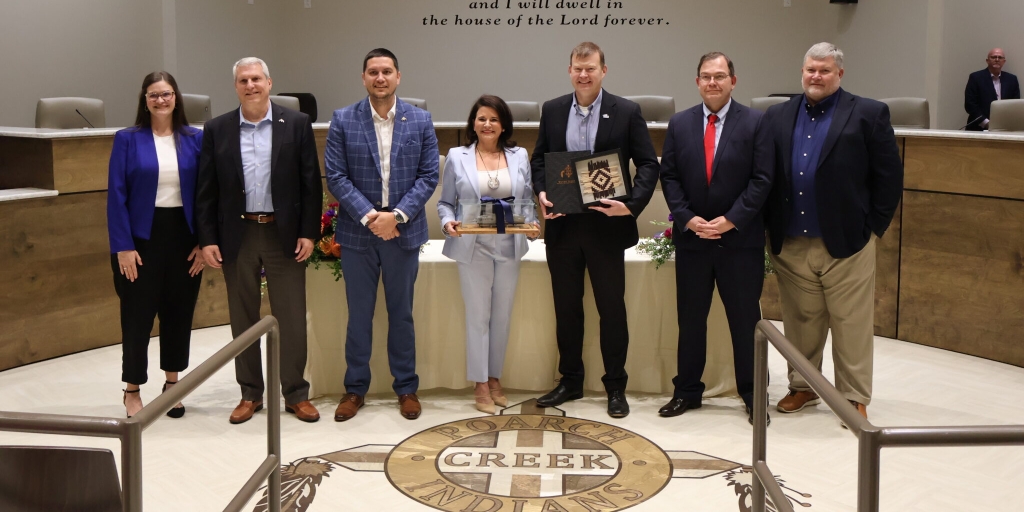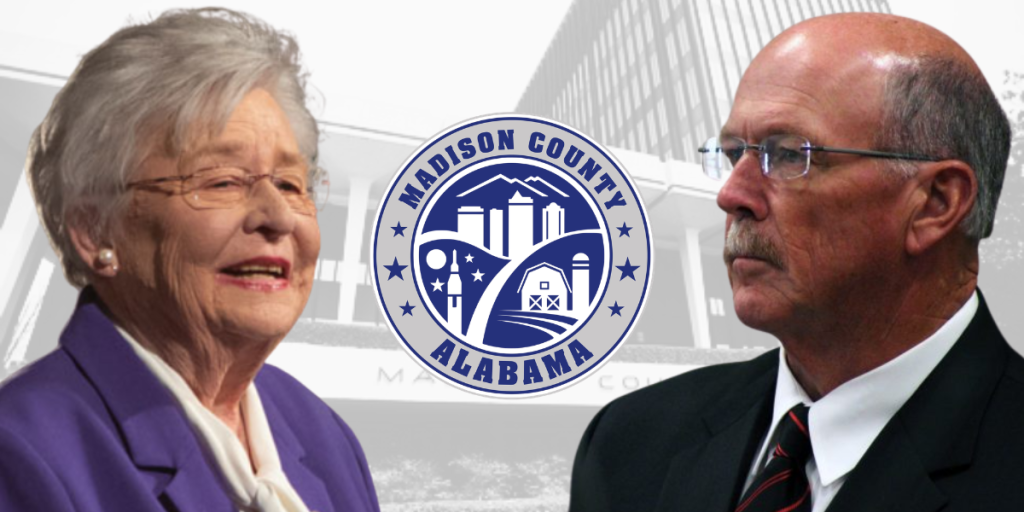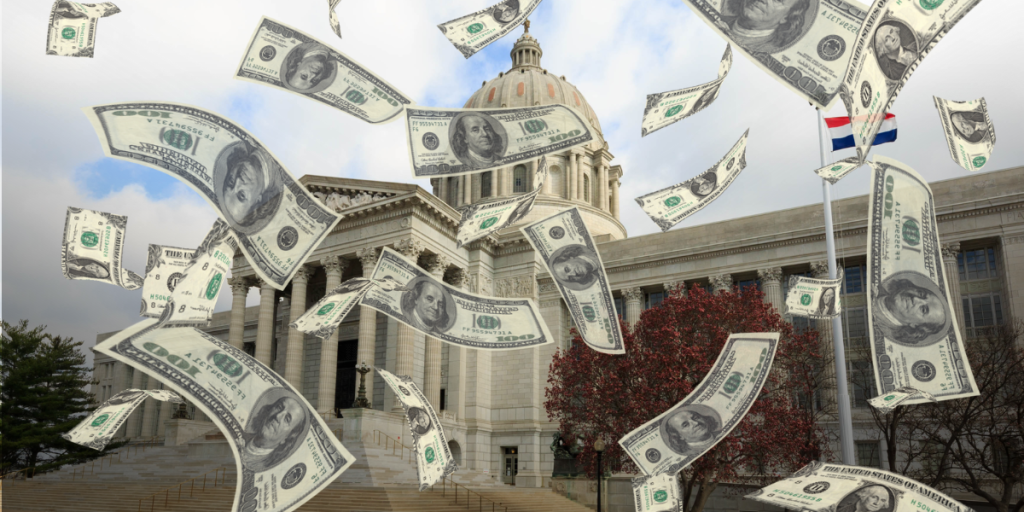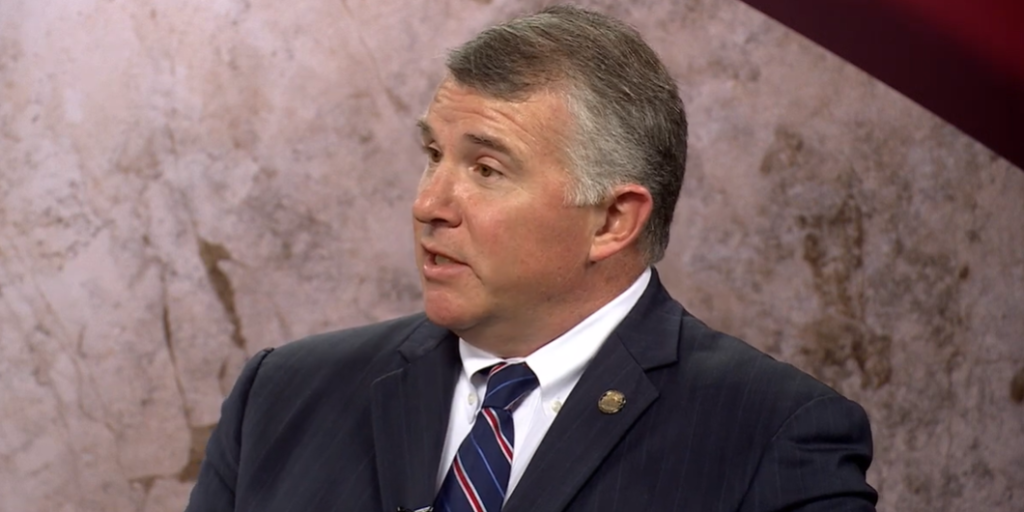State Rep. Rich Wingo (R-Tuscaloosa), a former University of Alabama football star, is raising the stakes with his opposition to sports betting, telling host Don Dailey on Friday’s episode of Capitol Journal that gambling on athletics “scares” him “to death.”
Wingo also played five seasons for the Green Bay Packers and knows the dangers of mixing sports and gambling first-hand. He explained that the FBI would show up every year at their NFL team meetings to talk about sports gambling and how gamblers will try and get involved with players to influence the outcome of a game.
“[T]he mob, for the lack of a better term – professional gamblers, would try to possibly infiltrate a team or an individual through compromise … so that they could eventually, either befriend or through leverage of threat, manipulate a game,” Wingo explained.
Wingo sees this issue as a “gradual eroding of our culture” that would have never even been a debate when he played in the 1970’s and 1980’s.
“Today, the sports gambling, it bothers me – it scares me to death actually,” Wingo emphasized.
For the state of Alabama specifically, Wingo sees the threat of sports gambling negatively affecting college football.
“From an athlete’s perspective, can you imagine – I mean I don’t even know where you start – because gambling is going to infiltrate if it’s legalized like in Mississippi,” Wingo outlined. “There’s going to be infiltration, there’s going to be compromise, there just is. And whenever money is involved, I hate it because it’s going to pervert the game.”
“Can you imagine now the recruiting? Can you imagine a family that has nothing and now we involved the gaming aspect of it?” he continued.
Wingo warned that a gambling entity could help a player’s family financially and then hold that player hostage “to try and compromise that player two or three years down the road when that player is on the field.”
He added, “Can you imagine the possibility of a phone call where ‘so-and-so’ wide-receiver doesn’t need to catch that ball in the end zone? Or that field goal kicker goes from getting ‘I’m sorry you missed that field goal’ to death threats – legitimate death threats. Or having phone calls prior to that kick saying ‘you don’t need to make a field goal.’”
Wingo does not think players, especially college-aged “young men,” should have to face these possibilities.
“I just feel like we have perverted the game; I think we are ruining the game,” Wingo lamented.
Just like gambling in general, Wingo fears that sports betting will most hurt players from poorer families.
“And try to separate someone trying to befriend you and someone that eventually is going to compromise you. Tough spot. Shouldn’t have to have been put in that position,” Wingo said.
Those are just the sports-specific objections that Wingo has to gambling. He also has issues with gambling in general.
“I’ve never known anyone, Don, that’s ever just said, ‘You know, boy, gambling has been the best thing for my family.’ Or a child or a wife say that, ‘Boy, I just love when my daddy gambles.’ I’ve never heard that,” Wingo told the host. “I’ve never heard someone say how gambling has bettered their family, their society, their community.”
“Why do we encourage these things?” Wingo asked.
He continued to say that 86 percent of people who buy lottery tickets live under the poverty line. He pointed to Mississippi, which has had a lottery since 1992, as proof that gambling is not a fix-all, adding that Alabama’s western neighbor has seen increased crime and Medicaid rolls since then.
This comes after Mississippi this summer joined only a handful of other states in legalizing sports betting. Their first lawful sports wagers took place at the Beau Rivage Casino in Biloxi on August 1.
Gamblers can now travel from far and wide to Mississippi and bet on just about anything from college football to the NFL, to basketball and baseball. Many Alabamians are expected to make the trip across the state line to do just that.
In Alabama, gambling on greyhound and horse racing is legal. Gambling involving other sports would need to pass a referendum of the people. Rep. Paul Lee (R-Dothan) has predicted that the state legislature will consider a sports betting bill in 2019, however, he believes its passage is a long shot.
Alabama is also one of nine states that outlaw the nationally-booming online business of daily fantasy sports.
Watch, starting at the 42:30 mark:
Sean Ross is a staff writer for Yellowhammer News. You can follow him on Twitter @sean_yhn




